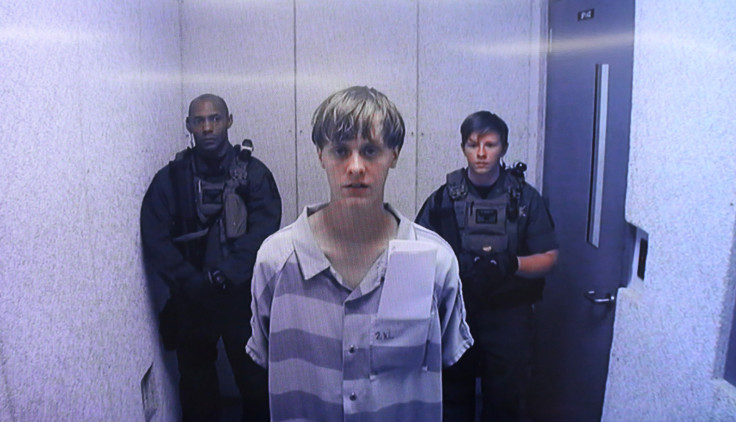Charleston Church Shooting 911 Calls: Court Orders Evidence Sealed To Ensure Dylann Roof A Fair Trial

The Charleston County, South Carolina, State Court has ordered that evidence on the June 17 slaughter at Emanuel AME Church, including 911 emergency phone call records, be withheld due to the great publicity surrounding the case. The court filed its decision Friday afternoon, saying the accused killer of nine black people in a Bible study group, Dylann Roof, has a constitutional right to a fair and impartial trial that could be in jeopardy should the phone records be released.
A statement from the Charleston County government, which is processing the phone records, indicated that it would follow the court’s directive. Likewise, attorneys on both sides and any law enforcement officers involved have been advised to watch what they say about the case.
The records could paint a better picture of the response to the attack by law enforcement and how the events at the historic African-American church unfolded. Preliminary leaks of the 911 calls quote an officer asking for four medical units, and a dispatcher indicating that all units were responding.
Roof allegedly entered the church on a Wednesday night and sat quietly with the weekly Bible study group. After an hour, he then reportedly stood up and methodically shot nine people, sparing three victims and shouting racist remarks as he attacked.
Roof has been charged with nine counts of murder, three counts of attempted murder and a charge for possession of a weapon during the commission of a violent crime. Federal authorities also have opened a hate crime investigation into the attack.
Roof’s alleged personal website was later discovered with photos of him posing with the Confederate battle flag and his gun, which he is said to have been given by his family on his 21st birthday this year. Under South Carolina law, he should not have been able to purchase the law legally himself, as he was facing felony drug charges.
A national discussion about the battle flag broke out when it was noted that the South Carolina statehouse was flying the flag at full-staff the day after the attack while the American and state flags flew half-staff. The flag was removed from the statehouse grounds Friday morning after Republican Gov. Nikki Haley reversed her previous position on the flag and called for it to be removed, and the Legislature agreed.
© Copyright IBTimes 2024. All rights reserved.












